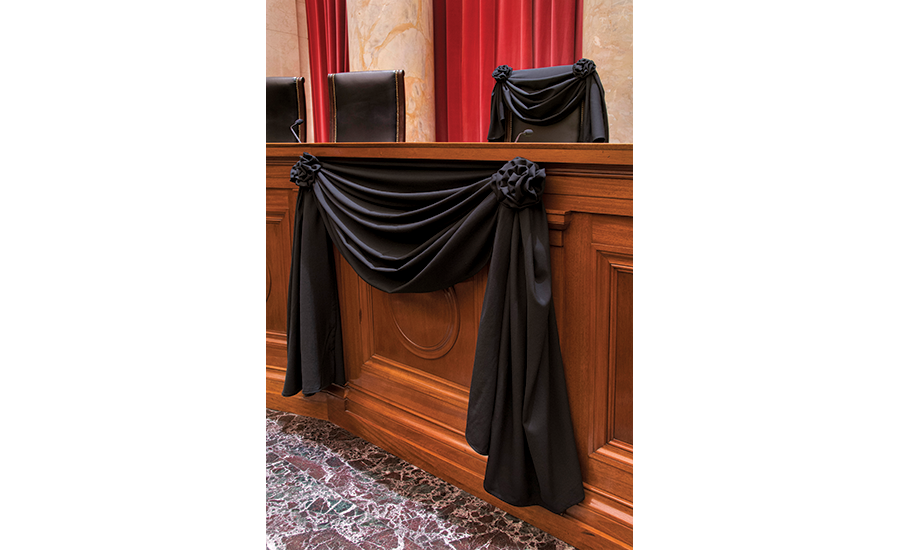With Republicans vowing to block any Supreme Court nominee to replace Justice Antonin Scalia, who died unexpectedly on Feb. 13, the fate of cases pending before the court, or that could end up on its future docket, has been clouded with uncertainty.
Among those cases are several that affect construction. Nearest to a decision is U.S. v. Texas, an Obama-administration appeal of a lower-court ruling invalidating the president’s 2014 directive protecting certain immigrants from deportation. Oral argument has not yet been scheduled.
A case that is not yet before the high court, but that might arrive there in 2017, is a challenge to the administration’s Clean Power Plan, a regulation governing power plants’ air emissions of carbon. Also on the horizon are challenges to an Environmental Protection Agency-Army Corps of Engineers regulation that seeks to clarify which bodies of water are federally regulated.
Maury Baskin, Associated Builders and Contractors general counsel, points to a group of lower-court cases dealing with the legality of class-action waivers in arbitration agreements. The National Labor Relations Board has said such waivers violate the National Labor Relations Act, but appeals courts have held that the NLRB decisions violate a different federal statute, the Arbitration Act. Baskin says, “Construction employers have arbitration agreements, so it’s an issue of concern.”
Brendan Collins, a partner in law firm Ballard Spahr’s environmental and natural resources group, says, “I’m confident the president will nominate someone and I’m confident that he or she will be considered by Congress in some way.” But he notes such consideration may be brief. “Whether that person has some kind of litmus test on the Clean Power Plan, I don’t know,” he says.
The Supreme Court could decide to hold off on issuing opinions in controversial cases until it has a full complement of nine justices. If the court is split 4-4 between its liberal and conservative wings, the lower court’s decision would stand. If at least five of the current eight agree on a ruling, that majority opinion would take hold.
ABC’s Baskin, who also is a shareholder in law firm Littler’s Washington, D.C., office, says the court’s vacancy will have an impact, even now. “People will be thinking about which court they are talking to … and the appeals courts will be considering [the high court’s composition] when they write their decisions,” he says. But he adds, “I don’t think one way or another [the uncertainty] would prevent a challenge being made” against a rule that groups strongly oppose.


